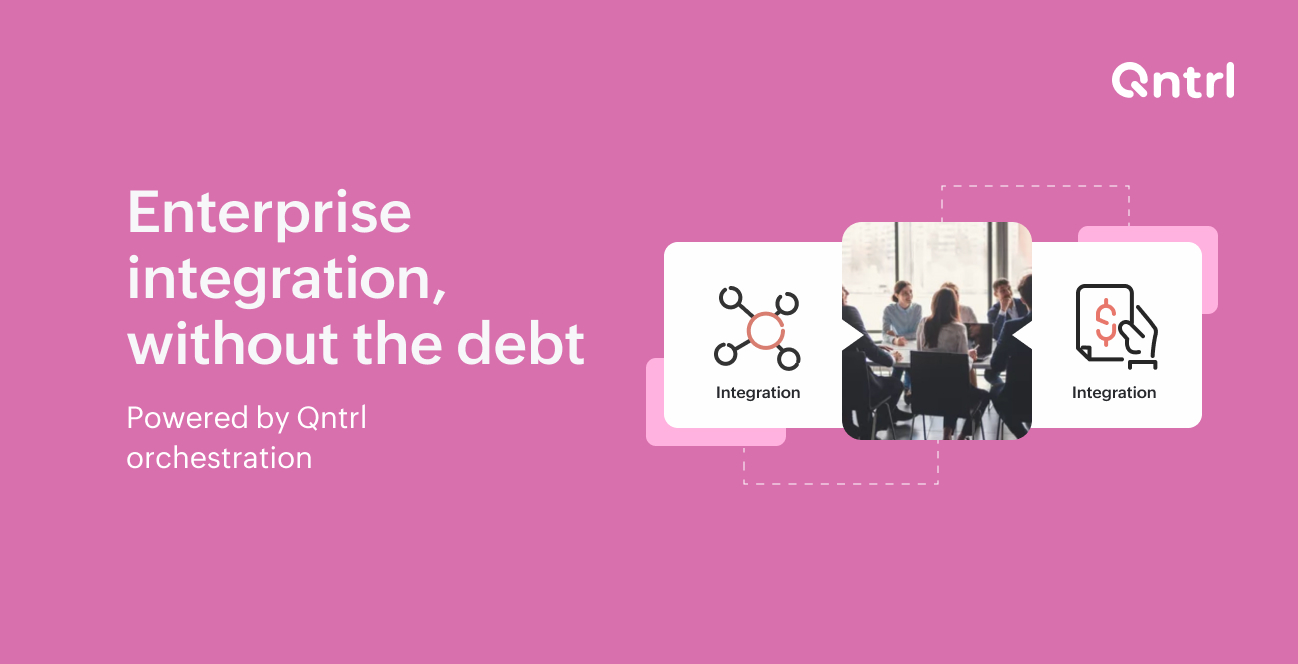What is omnichannel support?
Omnichannel support is the integration of various communication channels into a unified experience, enabling customers to interact seamlessly across channels like email, phone, chat, and social media.
Why use omnichannel support for IT teams?
Omnichannel support serves as a centralized platform that enables IT teams to manage support requests efficiently, as they can access and respond to requests from multiple channels within one interface instead of having to handle inquiries from separate channels separately.
This streamlines workflow management, improves communication, and leads to faster issue resolution and higher customer satisfaction.
By providing a comprehensive view of customer interactions in one place, omnichannel support also enables teams to provide personalized solutions based on past interactions and preferences. IT teams can therefore work smarter—not harder—and produce better outcomes for both the team and the clients they support.
Challenges in traditional IT support
Traditional IT support often faces challenges stemming from disjointed communication channels. Support requests scattered across multiple platforms can lead to inefficiencies in tracking and managing tickets.
This fragmented approach can result in longer resolution times and frustrated end-users. Additionally, the lack of integration between different support channels makes it difficult for IT teams to provide a unified and consistent experience.
Advantages of efficient omnichannel support for IT teams
- Integrates various communication channels into a single, cohesive system, allowing IT teams to deliver consistent support experiences across all touchpoints.
- Enables seamless interactions between users and support agents, regardless of the channel users choose for communication.
- By providing a unified view of customer interactions and support history, omnichannel support enhances transparency and efficiency in resolving issues.
Implementing omnichannel support solutions
To implement efficient omnichannel support, organizations can leverage integrated helpdesk software that centralizes ticket management. These platforms offer a single interface teams can use to manage support requests from different channels, streamline workflows, and improve response times.
Training IT staff for omnichannel support
Providing comprehensive training is essential for equipping IT staff with the knowledge and skills to handle support requests across multiple channels effectively. Training sessions should cover the use of omnichannel support tools, communication best practices, visibility & process compliance processes, and workflow management techniques.
Hands-on exercises and simulations can help familiarize staff with real-world scenarios, enabling them to respond promptly and efficiently to user inquiries. Inducing collaboration and knowledge-sharing among team members also fosters a culture of continuous learning and improvement.
Measuring continuous Improvement
Establishing key performance indicators is crucial for assessing the effectiveness of omnichannel support initiatives. Metrics such as response time, resolution time, and customer satisfaction provide valuable insights into how IT teams are performing across various channels.
Regularly monitoring these metrics enables organizations to identify areas for improvement and opportunities for targeted interventions.
Implementing feedback loops, conducting post-implementation reviews, and soliciting input from both internal stakeholders and end-users facilitate the continuous improvement and optimization of omnichannel support processes.
Research and best practices
Best practices for optimizing omnichannel support processes include streamlining workflows, leveraging automation tools, and adopting a customer-centric approach.
Studying examples of organizations successfully implementing omnichannel support for IT teams offers valuable insights and best practices. By learning from the experiences of others, organizations can avoid common pitfalls and maximize the efficiency of their omnichannel support operations.
Enhance IT efficiency, streamline processes, and optimize business operations
By centralizing support requests through integrated helpdesk software, IT teams can effectively manage and prioritize tasks and provide quicker response and resolution times.
This streamlined approach not only improves customer satisfaction but also optimizes business operations by reducing operational overhead and enhancing productivity.
Omnichannel support gives IT teams the extra edge they need to ensure smoother workflows and better outcomes for the organization as a whole.
Evolving customer expectations and technological advancements enable organizations to proactively adapt their omnichannel support strategies. By staying flexible, organizations position themselves for inadvertently better output in a heavily customer-centric landscape.








